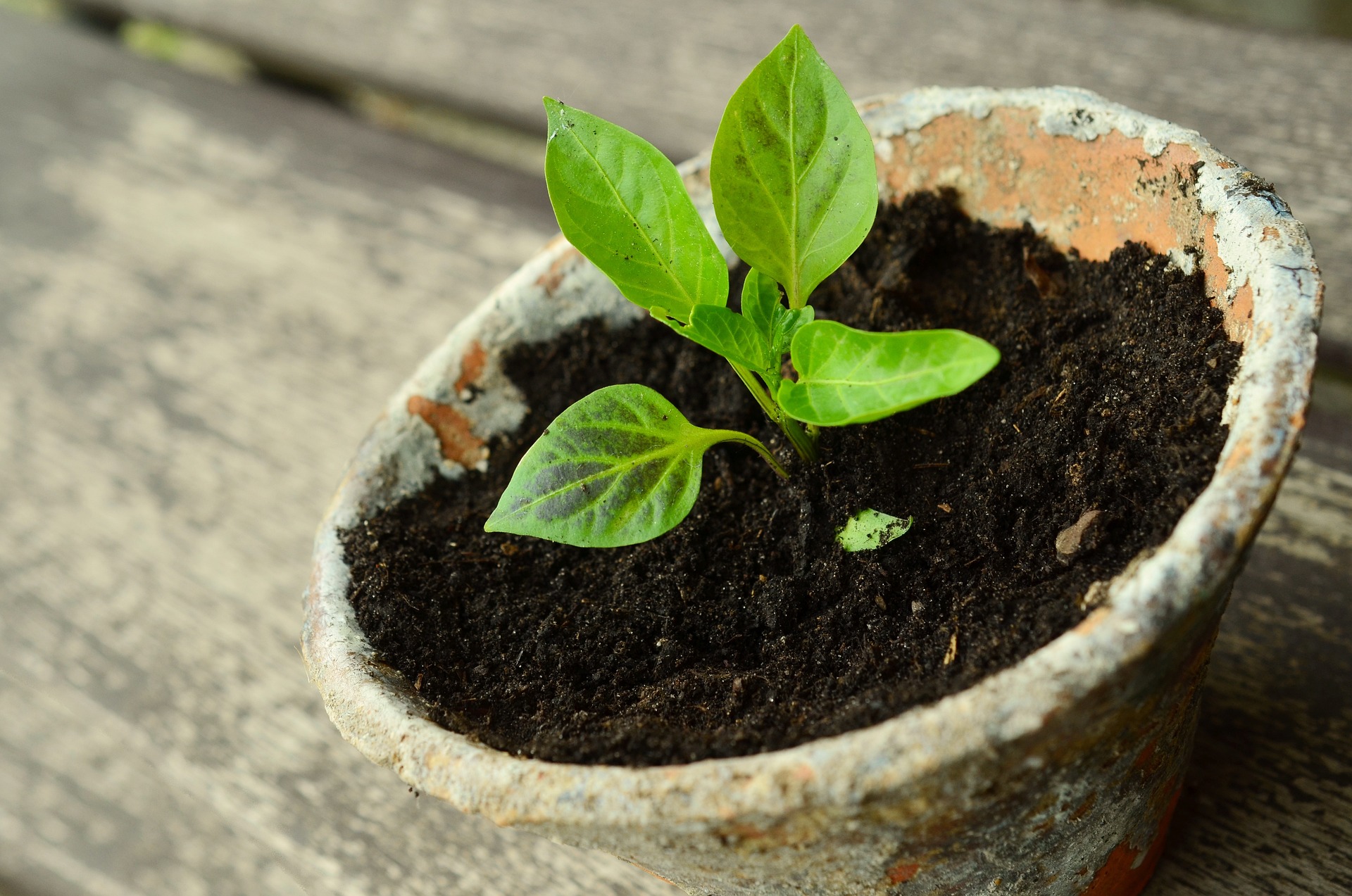Carbon Credit Potential
At Hampshire Eco Farms, our carbon sequestration initiatives are primarily focused on bamboo cultivation and biochar application.

Bamboo Cultivation:
Bamboo is recognized for its rapid growth and high carbon sequestration capability.
Here’s a breakdown of the calculations:
Area and Growth Rate:
-
With 1,000 acres allocated for bamboo, assuming an average sequestration rate of 200 tons of CO2 per hectare over a growth cycle (typically one year for some species), the potential carbon capture is substantial.
Total Sequestration Potential:
-
Calculating with the lower estimate of 200 tons per hectare, approximately 400 hectares (1,000 acres) of bamboo could sequester up to 80,000 tons of CO2 annually.
HAMPSHIRE ECOFARMS has integrated various innovative practices to enhance sustainability
Market Participation
-
Hampshire Eco Farms plans to participate in global carbon credit markets by registering our sequestration projects under verified carbon standard programs. This would allow us to issue carbon credits that can be sold to industries and businesses looking to offset their carbon footprints.
Revenue Generation
-
By selling carbon credits, we aim to generate an additional revenue stream that complements our agricultural and eco-tourism income.
Strategy for Carbon Credit Monetization
To capitalize on its carbon sequestration efforts, Hampshire Eco Farms plans to engage in the carbon trading market. This involves several key steps
Collaborate with accredited organizations to measure and verify the amount of carbon sequestered through our bamboo cultivation and biochar application. This ensures that all carbon credits are credible and tradeable on international markets.
Register the farm’s carbon sequestration projects with a recognized carbon standard, such as the Verified Carbon Standard (VCS) or the Gold Standard. This registration not only validates our efforts but also increases the marketability of our carbon credits.
Engage with carbon trading platforms and brokers to sell our certified carbon credits to businesses and organizations looking to offset their carbon emissions. This will be targeted particularly towards industries with high carbon footprints.
Initial projections estimate selling carbon credits at a conservative market rate, which currently ranges between $10 to $20 per ton of CO2. With an estimated annual sequestration of 19,000 tons, this could generate significant revenue, enhancing the farm’s financial stability and supporting further sustainable initiatives.
Long-term Goals
Boost Carbon Credit
Explore opportunities to increase carbon credit prices by demonstrating additional social benefits such as biodiversity conservation and community development associated with our projects.
Track Global Carbon Markets
Monitor developments in global carbon markets to adapt strategies that maximize revenue from carbon trading.









